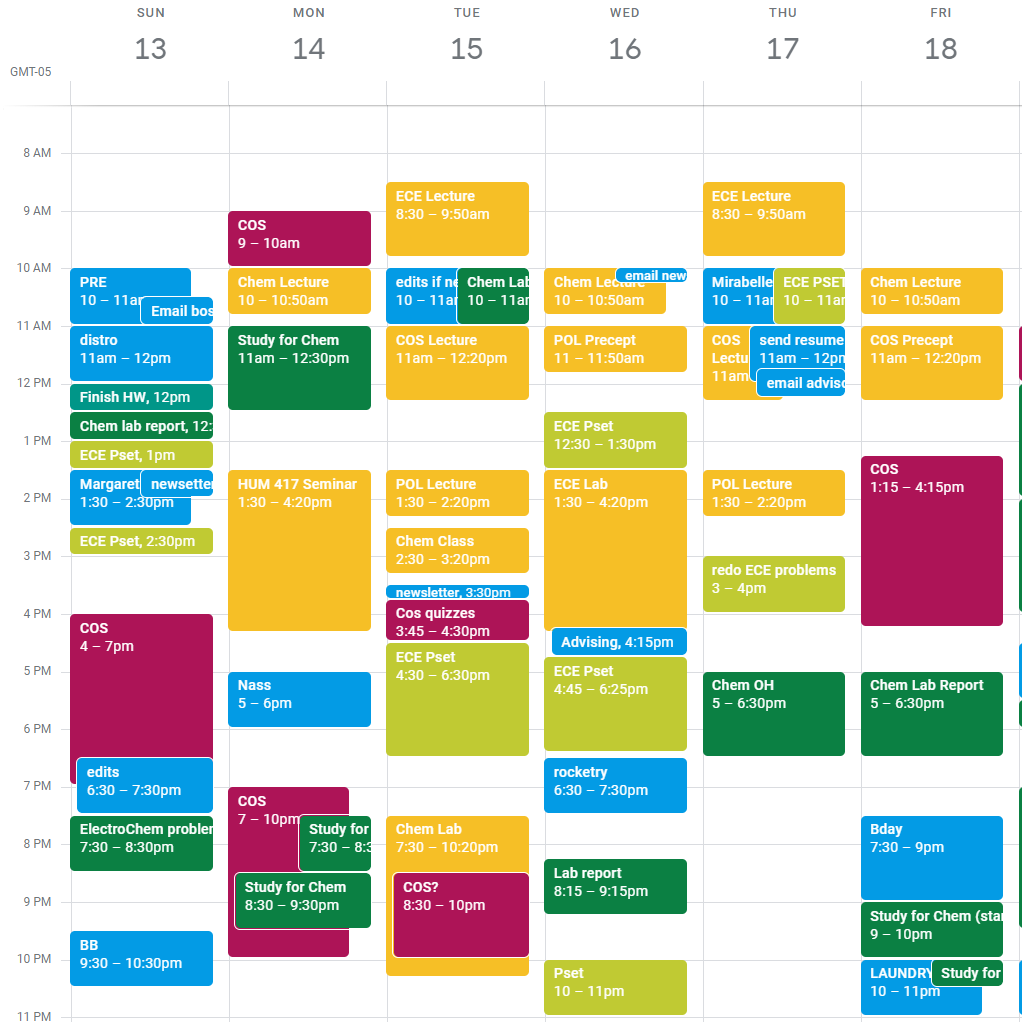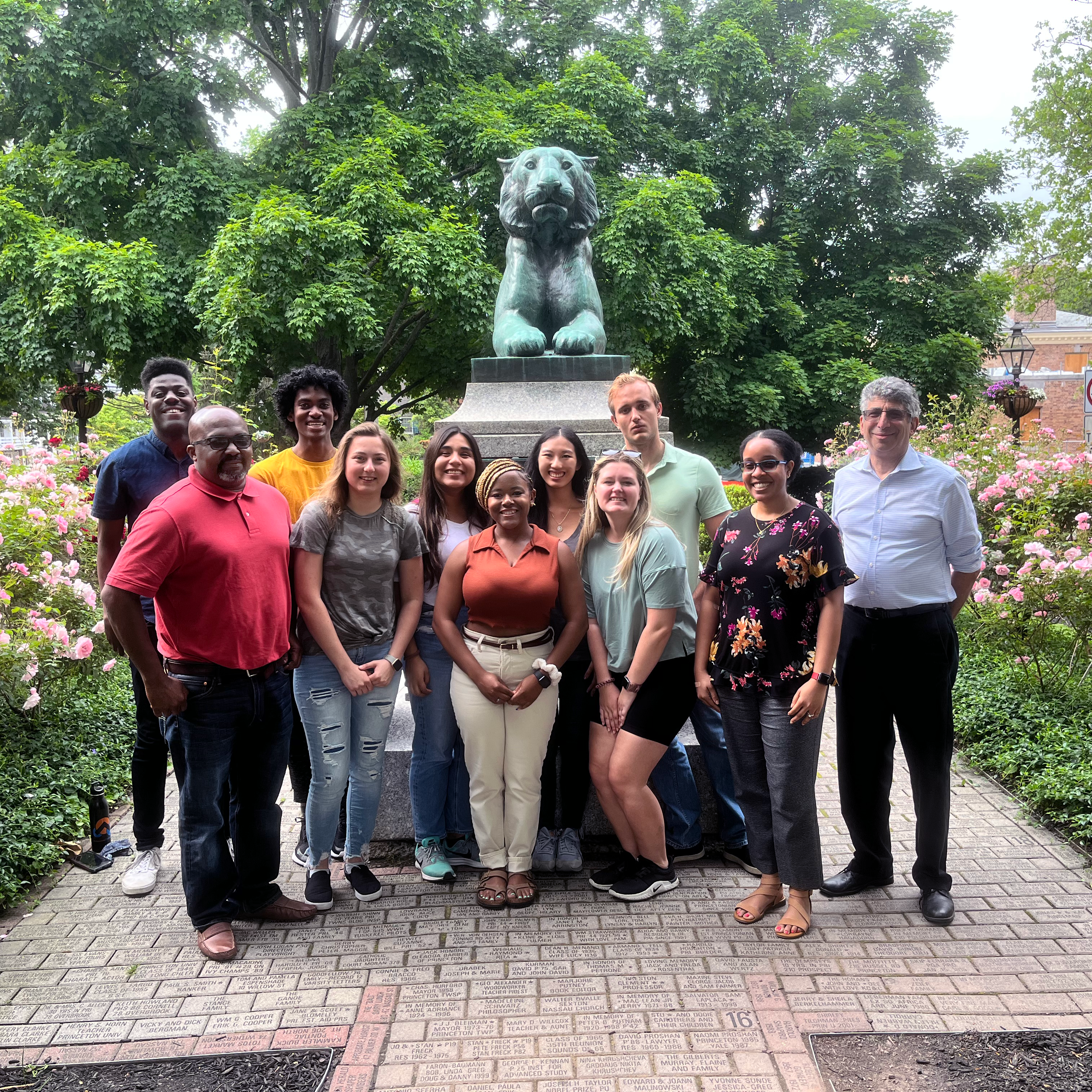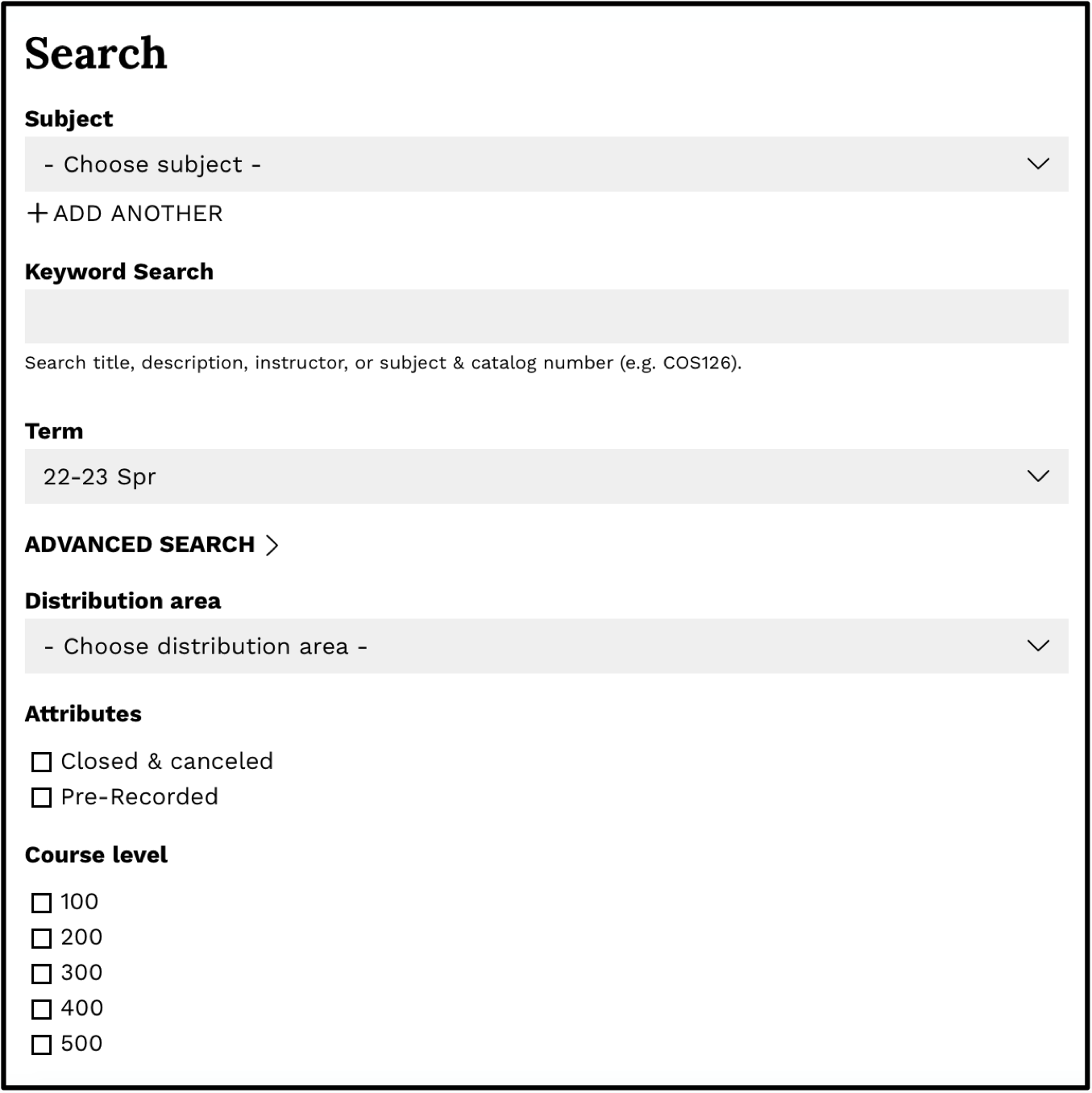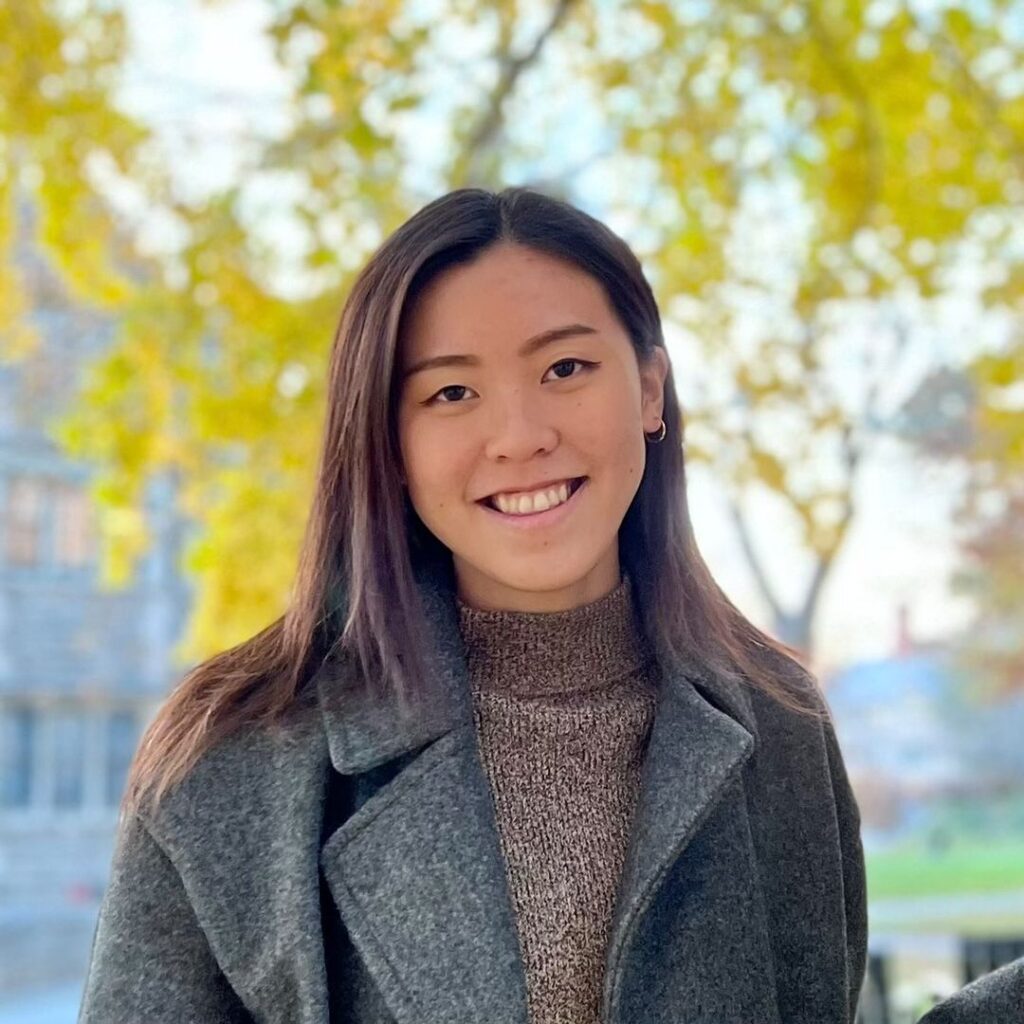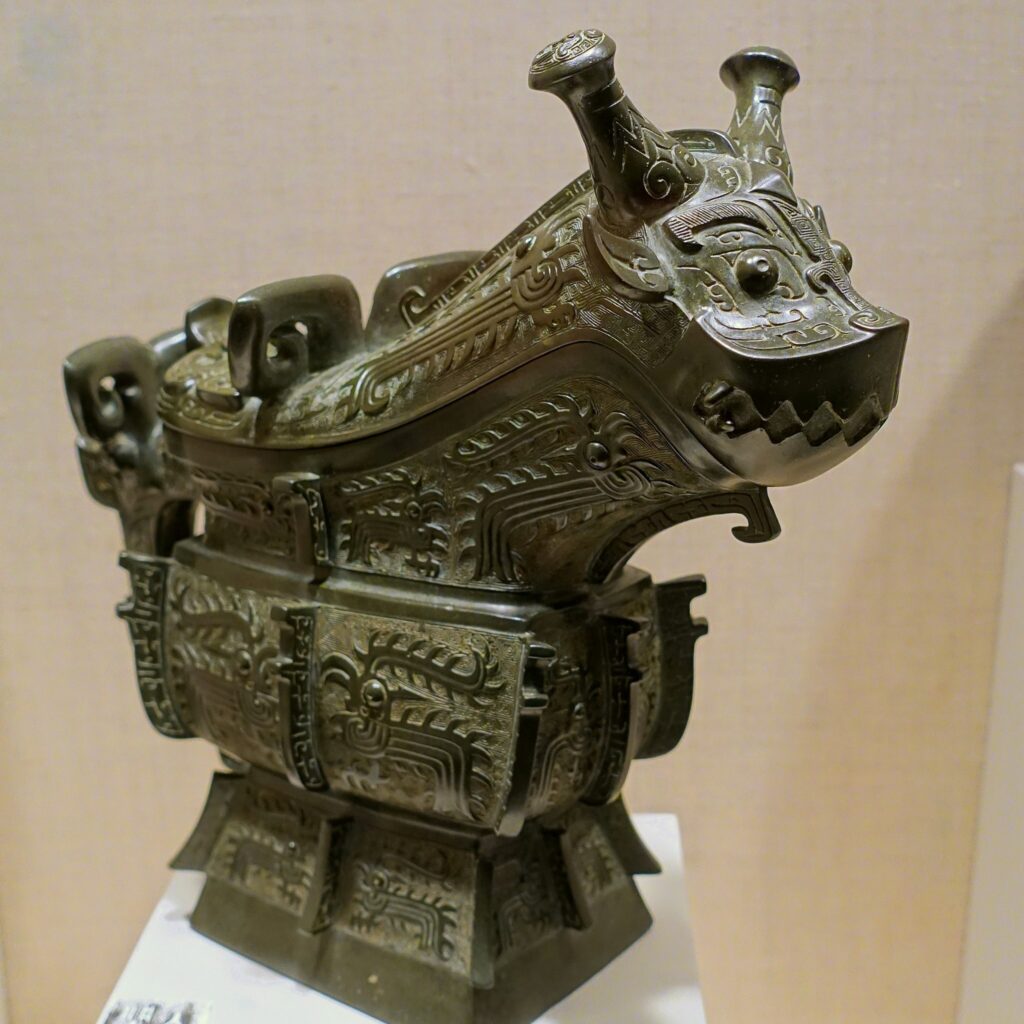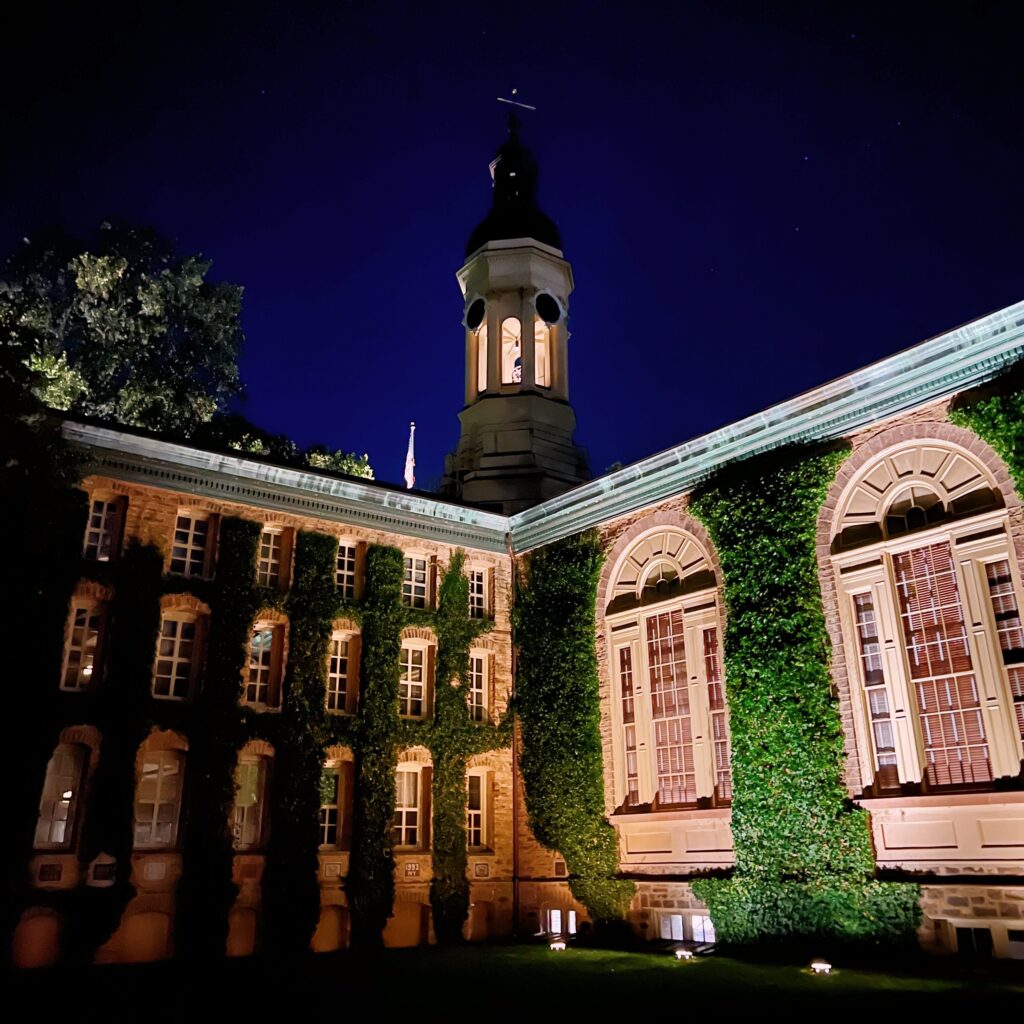While reading Ryan’s recent post about dean’s date traditions and reading period excitement, I started thinking back to all of the things I wish I did differently during my first reading period. Today, I want to approach the same topic of reading period, but from a slightly less exciting (although necessary) angle: how to actually buckle down and stay productive when studying for finals. Unlike fall finals last year, reading period this December will be fully on campus, and for most of us, won’t require navigating studying from home. Here’s some of my advice for how to take full advantage of reading period for a strong end to the semester.
